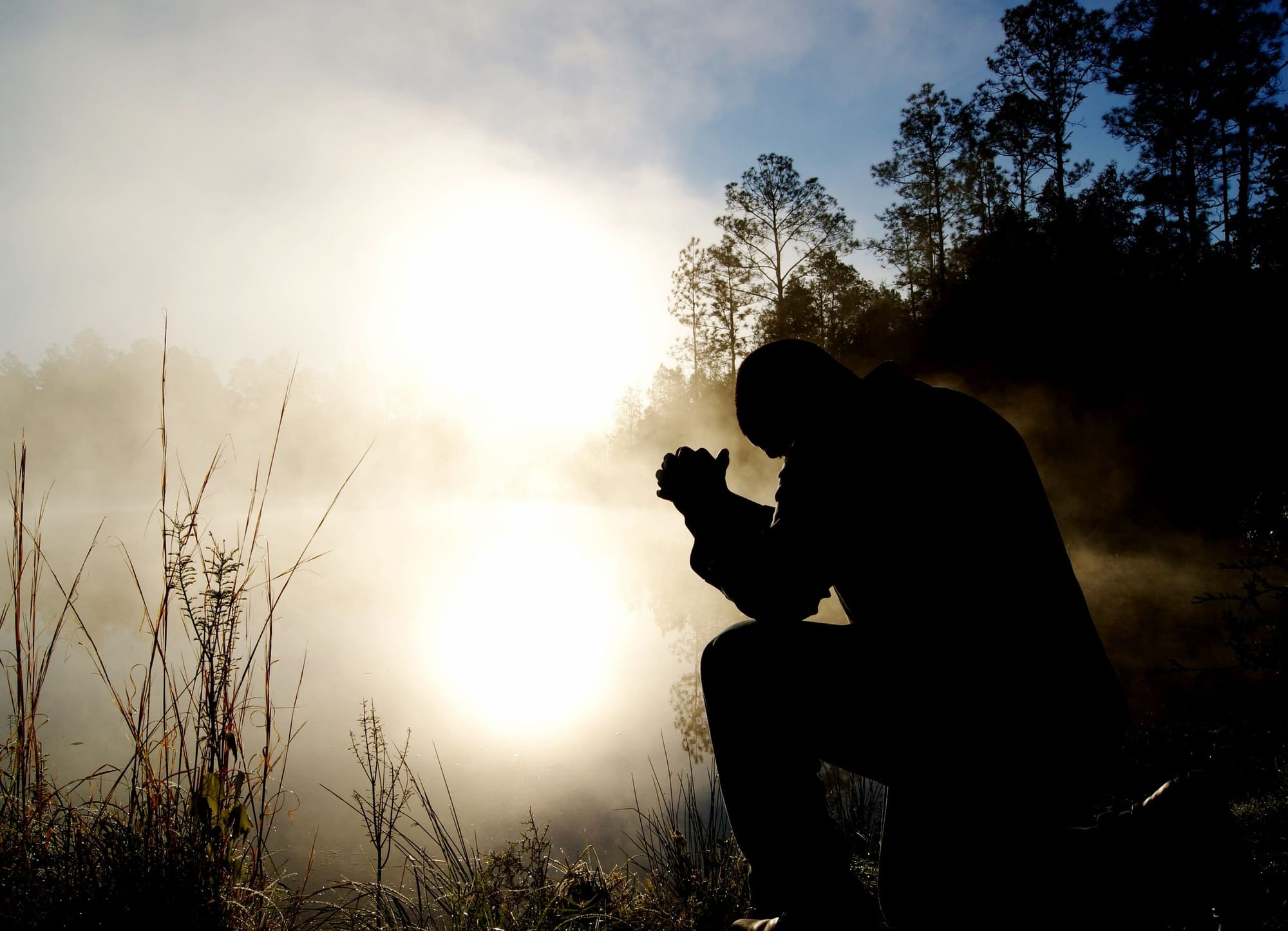Prayers

Explanation
People often say, "I have been praying for you" after a loss. This is one of the best things you can say to someone, especially if you mean it.
But what should you pray for? Perhaps that is a question best answered by Jesus himself. All prayers in behalf of others could be labeled intercessory prayers. As intercessory means praying on behalf of another. Below are the things Jesus prayed for others.
* pray that God will send the Comforter to abide with them (John 14:16)
* pray that through this experience they will come to know the true God and Jesus Christ (John 17:3)
* pray they will be one with other believers, unified as God and Jesus Christ are one (John 17:11)
* pray they will be protected against abandoning their beliefs (John 17:12)
* pray that they might have joy through Jesus Christ (John 17:13)
* pray that they are protected and kept from evil (John 17:15)
* pray they are feel consecrated and set apart by the truth, God's word (John 17:17)
* pray they will be unified with the truth (John 17:21-23)
* pray they will experience the same kind of love from others that the Father and Son share (John 17:23)
* pray that God's love for world will be conveyed through them (John 17:23)
* pray they believe in Jesus Christ, that He can be with them (3 Nephi 19:23)
Other examples of praying for others:
* pray their souls will be comforted in Jesus Christ (Alma 31:32)
* pray that God will grant them strength to bear the difficulties that will come to them because of others words or actions (Alma 31:33)
* pray their burdens will be lightened so that they cannot feel them, so they may be a witness of Christ thereafter God does visit His people in their distress (Mosiah 24:14)
* pray they might find mercy and peace for their souls (Alma 38:8)
Elder Richard G. Scott once said: “A key to improved prayer is to learn to ask the right questions.” Elie Wiesel in his book Night, says of one of his mentors during the holocaust, “He explained to me with great insistence that every question possessed power that did not lie in the answer.” Drawing upon that teaching, Elie Wiesel later wrote, “I pray to the God within me that He will give me the strength to ask Him the right questions.
At any given moment, the “right” questions are those that direct us toward deeper awareness, livelier awakeness, keener appreciation of and empathy for other’s situations, and a stronger will to see and understand and act.
